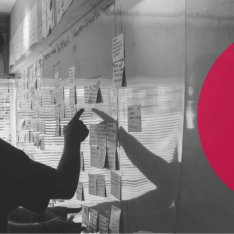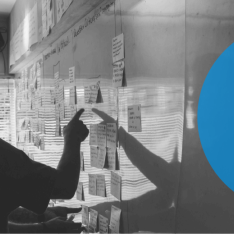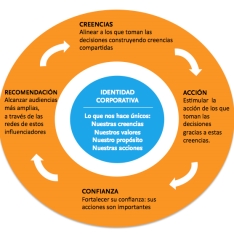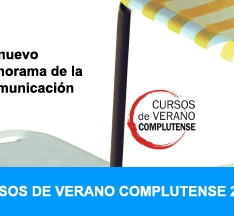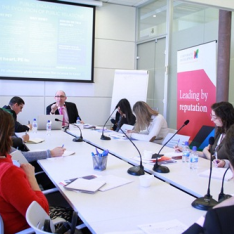Loading...
- Agenda 2030 & ODS (11)
- Alineamiento y Cultura Corporativa (23)
- Analytics & Big Data (5)
- Bienestar y Engagement (3)
- Chief Communications Officer (28)
- Co-Creación (3)
- Comunicación Externa (61)
- Comunicación Política (6)
- Consumidores (9)
- COVID-19 (7)
- Digitalización (11)
- Diplomacia Corporativa (3)
- Diversidad & Inclusión (11)
- Empleados (7)
- Empresa Con Futuro (4)
- Estrategia (28)
- Ética (9)
- Global Issues (13)
- Gobierno Corporativo (11)
- Indicadores No Financieros (3)
- Innovación (12)
- Internacionalización (4)
- Liderazgo (17)
- Lobby (1)
- Marca Corporativa (21)
- Marketing (9)
- Medios Sociales (4)
- Propósito & Valores (23)
- Publicidad & Patrocinios (3)
- Rankings & Premios (1)
- Reputación Del CEO (5)
- Reputación País (1)
- Reporting No Financiero (4)
- Riesgo Reputacional (17)
- Sostenibilidad & Responsabilidad Social (23)
- Stakeholder Engagement (15)
- Storytelling & Narrativa (3)
- Tendencias (16)
- Valoración De Los Intangibles (6)
- Comunicación Interna (35)
- Transparencia (13)
Categories
Published by Unai Admin
18/07/2025
Published by Unai Admin
25/07/2025
Categories
Categories
Published by Unai Admin
17/07/2025
Categories
Tags
- reputación
- coherencia
- experiencia
- reputación corporativa
- grupos de interés
- empleados
- stakeholder engagement
- visión estratégica
- posicionamiento corporativo
- alianzas estratégicas
- inversión socialmente responsable
- desempeño corporativo
- oferta de valor
- resultados de negocio
- stakeholders
- valores
- valores internos
- regine le roux
- quickfox
- le roux
- reputation matters
- corporate reputation
- strategic vision
- human capital
- corporate positioning
Published by Unai Admin
17/07/2025
Categories
Published by Unai Admin
17/07/2025
Categories
Published by Unai Admin
17/07/2025
Published by Unai Admin
18/07/2025
Categories
Published by Unai Admin
18/07/2025
Published by Unai Admin
18/07/2025
Published by Unai Admin
18/07/2025
Categories
Categories
Published by Unai Admin
17/07/2025
Categories
Published by Unai Admin
18/07/2025
Categories
Página
of 2


